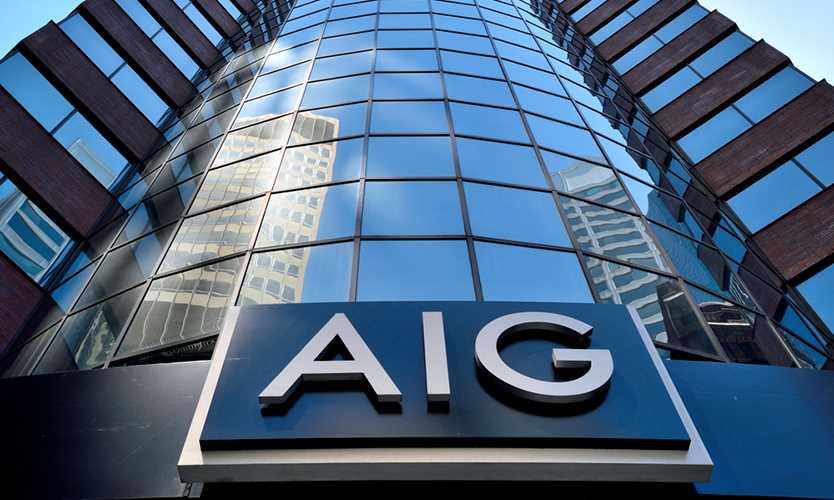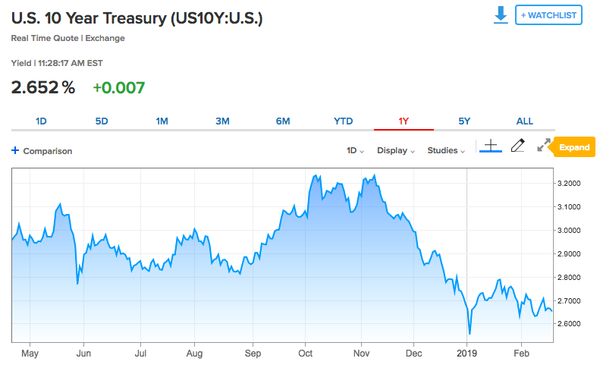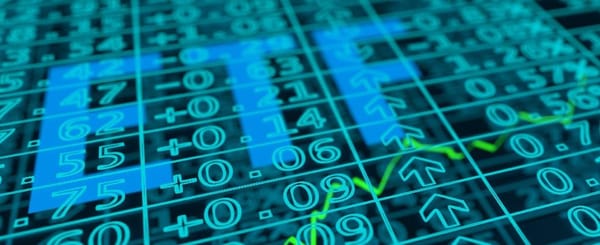What are derivatives and how are they used?

Warren Buffet has described them as “financial weapons of mass destruction”. Robert Kiyosaki said that the subprime Morgage Backed Security (MBS) disaster was a result of them “exploding in financial institutions such as AIG and Lehman Brothers”. So, what exactly are derivatives?
A derivative is a financial security with a value that is dependent or derived from an underlying group of assets. The derivative itself is a contract between two ore more parties with its price determined by the fluctuations of the underlying asset. The underlying asset can be anything from stocks, bonds and commodities to even interest rates and market indexes. Most derivatives are traded over-the-counter (OTC), since they are mostly unique and unstandardized. However, some standardised derivatives feature on exchanges, but they are more regulated. Essentially, they were created as a means of hedging risk (reduce risk faced by organisations and individuals). There are two main derivative types used in the financial industry; futures and options. Futures are financial contracts obligating the buyer to purchase an asset or the seller to sell an asset, most commonly a physical commodity or financial instrument, at a predetermined future date and price. Options are sold by an option writer to an option buyer. They are typically purchased through brokers. The contract offers the buyer the right, but not the obligation to buy (call option) or sell (put option) the underlying asset at an agreed future price during a certain period of time or on a specific date. There are many different types of option from lookback option, which is path dependent option where the option owner has the right to buy or sell at the lowest price over a period, to a binary option, in which the contract pays a fixed amount or nothing at all. The type of option used wholly depends on the needs of the two parties.
Most derivatives are used to hedge risk. The contracts can guard investors against adverse price movements. A hedger seeks to protect a position in the sport market by taking an opposite position in the derivatives market. However, derivatives can be used for speculation. Speculators take a view on the market’s direction and seek to make a profit from price movements by buying or selling futures contracts. Although this method may involve a high degree of risk and usually have short holding periods, it is often more attractive than the underlying asset because the contracts can be highly geared. Put simply, this means that a small expenditure gives the holder a big exposure to the market. This leads the investor with the potential for large profits but also large losses. It is this speculation that dominates criticism of the derivatives market. Before the financial crash of 2008, the Credit Default Swap (a special type of derivative) market was over 20 times larger than the market for the underlying security, Mortgage Backed Securities. There have also been numerous occasions in which derivatives have been used to gamble on bankrupt companies. Akshay Shah, previous managing director at the Blackstone’s GSO hedge fund unit, terrorised European credit markets by spearheading a series of unconventional trades using derivatives. His secret formula involved:
GSO buying a Credit Default Swap contract on a struggling company from another hedge fund. The CDS is like an insurance contract: it pays out if the company defaults
GSO then approaches the company and offers it very attractive financing (a low interest loan for example) with an unusual condition: it must default in a way that will trigger a pay-out on the CDS contract.
The company carries out this proposal, for example by paying interest on a bond a few days late, causing little concern to bondholders but “triggering” the CDS contracts.
The hedge fund then has to pay a lump sum to GSO given the company has defaulted.
Despite the negative aspect of this type of financial product, they are still a key lubricant in the global financial industry. Recently the UK and US market regulators have finalised a sweeping long-term agreement to jointly oversee each other’s derivatives market, providing a “bridge over Brexit” that removes concern of turmoil in the event of a no deal Brexit. The deal will mitigate any risk of huge disruption to banks and institutional investors who are dependent on derivative contracts to hedge against movements in interest rates, currencies and commodities.








